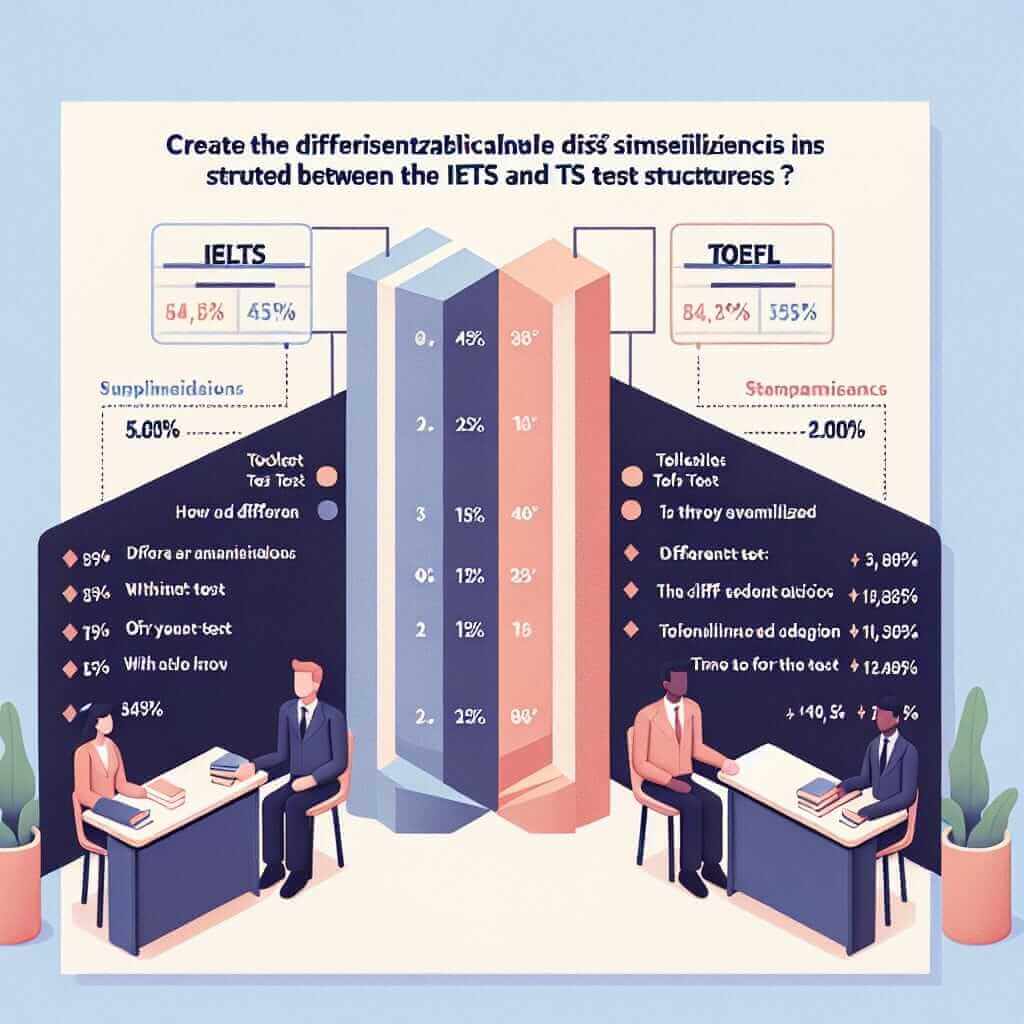For those embarking on the journey of international study or work, standardized English proficiency tests like the IELTS and TOEFL are often unavoidable hurdles. But a common question arises amongst test-takers: which exam is more challenging?
As an IELTS instructor with over two decades of experience, I’ve guided countless students toward their desired scores. While the definitive answer to “which is harder” depends on individual strengths and weaknesses, I can offer valuable insights into the nuances of each test to help you navigate this decision.
Understanding the Tests
IELTS (International English Language Testing System)
IELTS assesses English language proficiency across four modules: Listening, Reading, Writing, and Speaking. It’s available in two formats: Academic and General Training.
- Academic: Geared towards those pursuing higher education or professional registration.
- General Training: Intended for individuals migrating to English-speaking countries or seeking work experience.
TOEFL (Test of English as a Foreign Language)
Primarily accepted by North American institutions, TOEFL evaluates English language skills through four sections: Reading, Listening, Speaking, and Writing. It is administered entirely online.
Key Differences and Challenges
While both tests assess similar skill sets, subtle differences contribute to their perceived difficulty.

1. Speaking Test Format
- IELTS: A face-to-face interview with an examiner, often considered more interactive and closer to real-life communication scenarios.
- TOEFL: Speaking responses are recorded and evaluated later, which some find less natural and more pressure-inducing.
2. Writing Tasks
- IELTS: Requires producing two distinct writing styles: a descriptive essay and a data analysis task (Academic) or a letter (General Training).
- TOEFL: Focuses on academic writing, combining integrated tasks where test-takers read, listen, and then write, along with an independent essay.
3. Accents and Dialects
- IELTS: Employs a wider range of English accents in listening and speaking sections, potentially posing challenges for those unfamiliar with various pronunciations.
- TOEFL: Primarily features North American accents, which may be advantageous for individuals accustomed to this dialect.
Which is Right for You?
Choosing between IELTS and TOEFL is a personal decision best made after considering your:
- Target Institutions or Organizations: Research their specific English language proficiency requirements.
- Learning Style and Strengths: Reflect on your comfort levels with different exam formats and accents.
- Test Availability and Location: Explore testing centers and dates convenient for you.
Tips for Success
Regardless of the test you choose, meticulous preparation is key.
- Familiarize yourself with the test format and question types.
- Practice regularly with authentic sample tests and study materials.
- Improve your vocabulary and grammar skills.
- Seek feedback from experienced instructors or tutors.
- Develop effective time management strategies for each section.
Conclusion
The question of “which is harder” doesn’t have a universal answer. Both IELTS and TOEFL present unique challenges. By understanding your strengths, weaknesses, and target requirements, you can make an informed decision and tailor your preparation for optimal success. Remember, consistent effort and focused practice are crucial for excelling in either exam.